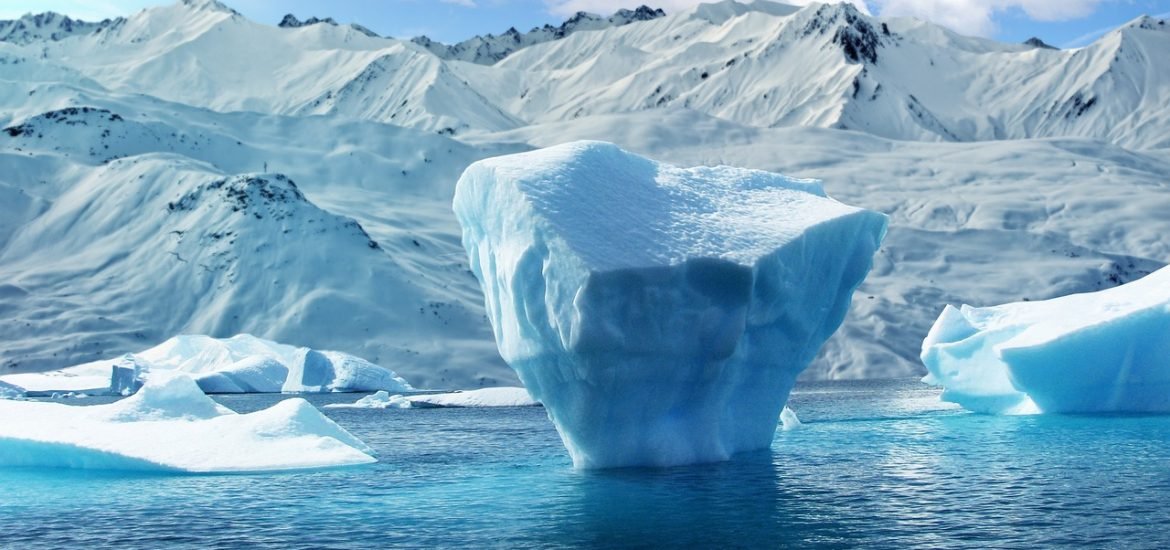
The rate of melting ice in Greenland is increasing due to climate change, according to a study published in the Journal of Climate. The authors from the University of Barcelona state that this has profound implications not only for the Arctic but also for the rest of the world, including Europe. The study found that extreme melting episodes — where large areas of ice melt in a short period — are twice more frequent now than in the late 90s.
“This loss of surface glacial melt must be added to that of other dynamic processes, such as the detachment of icebergs directly into the sea and the flow of glaciers into the ocean, both of which are accelerated by increased melting,” added the UB researchers.
Ice melting is directly caused by global warming, with studies showing that the Arctic is warming at four times the global average rate due to increased greenhouse emissions. The Spanish team explain that “increased melting is closely related to episodes of extreme warmth caused by more frequent, warmer, and wetter anticyclonic air masses from more northern latitudes. These atmospheric patterns keep the air over Greenland stagnant during the summer, increase solar radiation and reduce the albedo (sunlight reflectance) of snow and ice, which further accelerates warming and melting.”
Worryingly, melting occurs in higher areas, which never happened between 1950 and 1990. This has created cracks and structural damage to the ice sheet, further increasing the risk of large ice blocks breaking off into the ocean and melting. “International climate reports anticipate a significant increase in temperatures in the polar regions, which would accelerate the trend we have observed in this study,” the researchers add.
The authors highlight how Greenland’s melting ice has worldwide consequences as a major contributor to sea level rise and atmospheric circulation patterns. According to the researchers, these alterations may also influence Europe’s climate. “These changes in temperature and precipitation patterns could impact socio-economic activities, ecosystems and may contribute to increased climate extremes in nearby regions of the North Atlantic”, the experts note. “This highlights the urgency of reducing greenhouse gas emissions to mitigate the impacts of climate change in the coming decades.”
Bosoms J, Oliva M, Moreno J, Fettweis X (2024) Rising Extreme Meltwater Trends in Greenland Ice Sheet (1950–2022): Surface Energy Balance and Large-Scale Circulation Changes. Journal of Climate, https://doi.org/10.1175/JCLI-D-23-0396.1